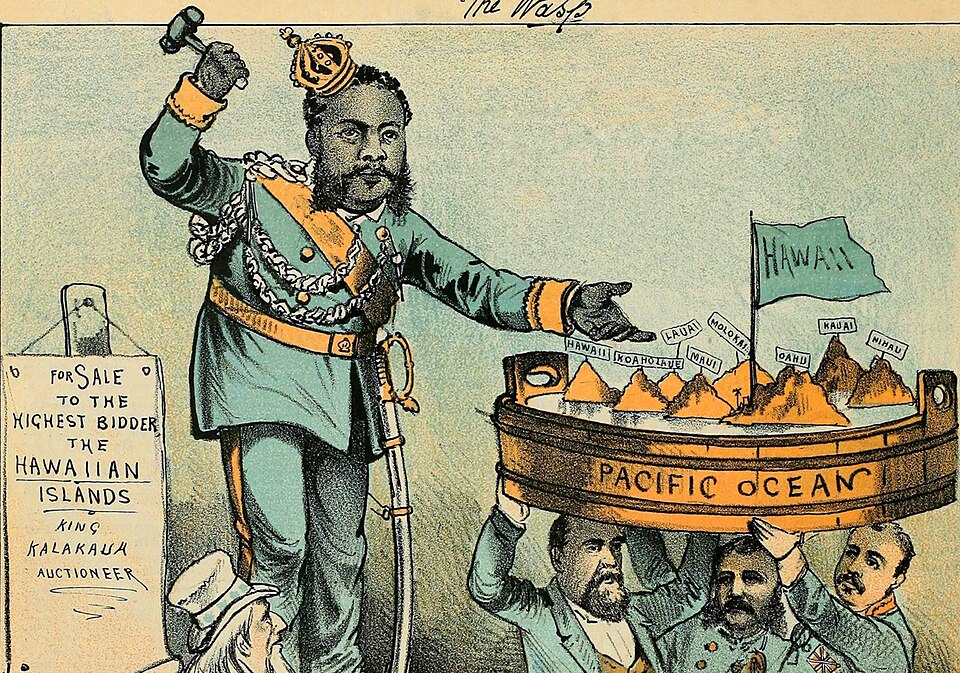
The Probability Broach, chapter 10
By threatening a captive prisoner, Win Bear was able to extract two useful pieces of information: one, that someone named “Madison” sent the goon squad after him, and two, that this Madison has or wants to acquire nuclear weapons (“He’ll blast you all to radioactive slag!”).
That second part is more disturbing to Win than to his new friends. Although the North American Confederacy has more advanced technology than the world he came from, Win knows what a nuclear bomb is, while his friends seem unfamiliar with the concept. They give him blank looks when he asks them about it.
But even though it got them the information they wanted, torturing a prisoner is against the rules of this society. Anyone who commits a crime and can’t make restitution is supposed to be ostracized by all, thrown out into the street and left to starve. That’s the way Smith tells us it works here.
However, even though Win flagrantly violated a prisoner’s rights in front of them, his friends never even consider doing that to him. We saw last time that they’re a little angry, but their anger only lasts a few paragraphs and then it’s never brought up again. Despite Smith’s insistence that his anarchy works because everyone follows the unwritten social contract, he unintentionally depicts the more realistic outcome: people overlooking the rules to help out their friends.
That said, when Win asks, “I’ve gone and spoiled it, haven’t I?”, they confirm the prisoner can file a legal case:
“‘Fraid so, buster,” Lucy absently swirled her ice, “He’ll likely sue our pants off and you don’t have that much to spare.”
… “He can’t get blood out of a turnip. Does that mean Devil’s Island?”
“Asteroids. No, Winnie, it just means we can’t sue him: our claims’ll cancel out.”
Once again, no one proposes the obvious solution, which is to kill the prisoner before he can complain to anyone about his treatment. In a world with no laws, where murder is perfectly allowable as long as you say it was self-defense, that’s the rational course of action.
Luckily for Win, this never becomes an issue. When the Civil Liberties Association arrives, the prisoner denies being tortured. No reason for this is given. You’d think the bad guys, who want to subvert this society, would be eager to wield its rules against their enemies. Even if they failed to kill Win, why not try to tie him up in court?
By the time I got to bed, the authorities had carted off the bodies, living and otherwise, along with depositions in living color and stereophonic sound, from every witness and participant—a lengthy process, but not without its rewards.
I wasn’t going to the asteroids, after all. Our damaged guest denied being intimidated—was downright vehement about it. I wasn’t looking any gift horses in the mouth, but everybody else was curious as the CLA shook him down.
“What’s this?” The representative removed a medallion from the prisoner’s neck.
… “Private property!” he snarled. “Give it back!”
The medal is bronze, engraved with “1789” and the “eye-in-the-pyramid” logo—better known as the Eye of Providence—which Win recognizes because it’s on the money where he comes from.
(Evil Overlord tip: Don’t make your henchmen wear identifying regalia when they go out to commit assassinations!)
Lucy, who until this point hasn’t been described as anything other than Ed Bear’s elderly neighbor, declares that she recognizes the symbol:
“I’ve seen this type before”—Lucy chuckled grimly—”back in the War in Europe. Coulda collected a mess of those medals if I’d been the souvenir type.”
Ed looked exasperated. “There you go again, Lucy, that was seventy years ago, and the Confederacy was neutral. The only Americans over there were volunteers in—”
“The Thousand Airship Flight! Bloody Huns shot us to pieces, but I got my passengers down okay, and joined the fighting.”
Lucy explains that they were fighting the Prussians, who had launched an imperial war of conquest against the rest of Europe. It’s this timeline’s version of World War I.
The North American Confederacy, being an anarchy without a standing army, officially stayed neutral. But thousands of its citizens volunteered to go and join the resistance, and Lucy was one of them. (As we’ll see, the NAC has life-extending technology, which is how she’s still alive to recall it seventy years later.)
The symbol dates back to the war, but doesn’t come from the Prussians, she says. Rather, it’s from the conspirators who were giving them their marching orders:
Ed goggled. “You mean it’s really—”
“That’s right, Eddie, it’s them. And Win, I do know what an atom bomb is. I helped move Phobos into synchronous orbit over Coprates.” She jerked an unkind thumb toward the prisoner. “If these crablice’re plannin’ t’use thermonuclear earth-movers as weapons…”
“Who the hell are you talking about?” I demanded. “Who’s them?”
“The Hamiltonians,” Ed answered quietly. “They’re the ones trying to kill you, Win.”
If you hadn’t guessed, the “Hamiltonians” are a secret cabal plotting to impose that ultimate evil: government. Smith chooses this appellation for his villains because he hates Alexander Hamilton the most of all America’s founders.
This is the first indication that that anyone is plotting to overthrow this society. Smith is eager to convince us that his version of anarchism works; that the North American Confederacy is a super-advanced, prosperous, peaceful utopia. But, clearly, it still has people who are so disgruntled that they want to tear it down.
This could be the launching point for an interesting philosophical discussion. If the NAC is as good as its author says it is, what motivates people to be Hamiltonians?
In fact, they’re so attracted to this ideology that they’re willing to kill or die for its sake—as opposed to, say, writing angry letters to the editor. That’s an extreme level of devotion that’s normally only brought out by severe oppression or desperation.

What made them so fanatical? Are these the poor and homeless, people who couldn’t earn enough to survive, and joined a cult because it was better than starving? Did they suffer some appalling injustice at the hands of its for-profit legal system? Are they serfs or indentured servants who escaped brutal treatment by rich owners and want to strike back? Is there a dark underbelly to the NAC that we’re not seeing?
These are the kinds of questions any decent world-builder should ask. Obviously, some societies are better and some are worse, but no arrangement is going to please everyone. The best way to learn about a civilization, real or fictional, is to look into its cracks—to ask who it’s not serving, and why.
Alas, this potentially interesting question goes unanswered in this book. Smith never explains what motivates the Hamiltonians, nor treats them as anything other than anonymous, disposable goons. For plot purposes, there have to be bad guys even in his superior anarcho-capitalist world, but he doesn’t want to delve into their reasoning. Perhaps he felt he couldn’t give them believable motivations without risking his utopia seeming not so utopian.
New reviews of The Probability Broach will go up every Friday on my Patreon page. Sign up to see new posts early and other bonus stuff!
Other posts in this series:





